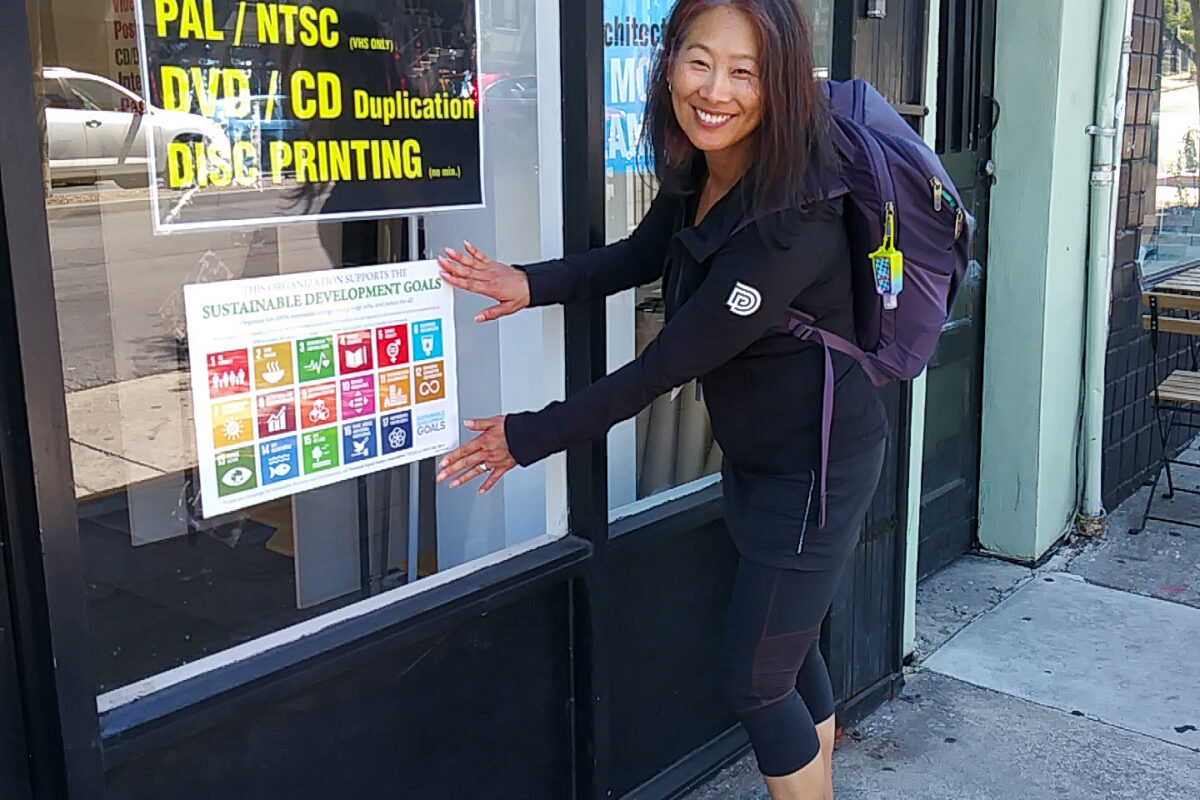
National Equal Justice Association (NEJA) is an all-volunteer, women-led, 501(c)(3), non-profit organization with a 42-year history of securing equal justice for poor and minority workers and their families. They all struggle to obtain living wages, access to nutritional food, health care, clean and affordable water, and safe working and living conditions free from pesticides and other toxic poisoning.
NEJA partners with grassroots, community-based, self-help organizations of farm workers, service workers, and other groups working on social, labor, health, economic, prisoner, and immigrant justice issues. Women comprise over two-thirds of these essential workers who struggle to survive at or below the federal poverty level.
The organization launched the ‘Campaign for Sustainable Recovery and Development’ in 2018 to respond to the increasing man-made ecosystem destruction, fueling extreme weather events from fires to floods. These disasters exacerbate economic disparity, especially among female heads of households.
Organizing Neighbors for a Cleaner and Safer Environment
Mary’s Pence grants have been critical to NEJA’s efforts to support organizations assisting families in San Francisco’s Bayview-Hunters Point (BVHP) community pushing to get the U.S. Navy to clean up its former shipyard. The site is the second worst toxic contaminated Superfund site in the nation (one of the 40,000 federally designated Superfund sites around the country), and the area is permeated with pesticides, petrochemicals, heavy metals, and more. The poor and minority communities in the area suffer from higher rates of asthma, breast cancer, lung cancer, brain tumors, heart diseases, miscarriages, infant mortality, and birth defects compared to the rest of San Francisco.
NEJA relies on arms-length organizing and publicity through telephoning, bi-weekly informational tables, speaking engagements at university classrooms and to civic, environmental, labor, and other organizations, poster canvasses to small businesses, film presentations, and special workshops to gain allies and organize community residents toward solutions through its social and environmental justice campaign.
Over this past year, NEJA volunteers have participated in door-to-door canvassing in the Bayview Hunters Point neighborhood, talking to residents impacted by the toxic conditions about how they can join the campaign to clean up the Superfund site.
How Pollution Negatively Impacts Neighbors’ Health
“One woman said she and her teenage daughter have suffered from asthma ever since they moved to the area — the mother had even been hospitalized — but never knew why until our community canvass volunteers told her about the Superfund site,” NEJA director Gail Williamson said. “Her daughter’s symptoms went into remission as soon as she went to college away from the Bayview area. The woman signed up immediately to learn more about how she could participate.”
Building a Network of Allies
With Mary’s Pence’s aid, NEJA has gained dozens of new allies among local and regional women and youth organizations, including forty new local minority organizational allied organizations, five new San Francisco Bay environmental organizational allies, and five regional environmental organizational allies. They also gained three new NEJA Bulletin sponsors and over one hundred business allies, including six new informational table location sites.
Inspired by NEJA’s Campaign, Diane Marin of the Catholic Climate Covenant invited the organization to speak at a forum for youth in February 2024 about NEJA’s approach to community organizing.
As one of just a few women-led organizations in the field, NEJA is building a Committee for Sustainable Recovery and Development to spearhead the environmental and social campaign, given the planet has reached the highest temperature on record in 2023, according to climate scientists.
In July 2023, NEJA recruited long-time community organizer and hydrologist Barbara Sarantitis as lead Committee organizer. Pat Popple, editor of Frac Sand Sentinel; Dr. Darlene Schanfeld of the North Olympic, Washington Sierra Club and Secretary of the Sewage Sludge Action Network; Jan Dietrick and her husband Ron Whitehurst of Rincon-Vitova Insectaries and the Dietrick Institute for Applied Insect Ecology, have also joined the Committee.
Equal Justice Organizer Training
On November 10 – 12, 2023, eight mostly female, minority college students participated in NEJA’s immersive weekend leadership training and education program. This was the first quarterly session of our Equal Justice Organizer Training Academy.
“Volunteers have a choice to do something. Most people are uninformed or don’t take action. You have to have a voice where you live,” a young Hispanic political science student explained. She enrolled in the Academy to learn community organizing linked to solutions embodied in the 17 Sustainable Development Goals (SDGs) of the 2030 Agenda for Sustainable Development.
The first goal is ending poverty in all its forms everywhere. Goal 5 is to achieve gender equality and empower all women and girls. Many of the other goals relate to stopping climate change and to sustainability. NEJA is fighting for the implementation of these goals.
Participants in the Academy learned about public speaking, writing, poster canvases, informational tables, and telephone outreach, in addition to organizing hybrid film showings, seminars, conferences, and forums. They learned about the importance of building bonds between community leaders and strengthening bridges between organizations to advance the social, health, economic, and environmental justice struggle needed to transform our nation for the future.
“With the majority of San Francisco Bay Area residents still unaware of the danger climate change-caused sea level rise will have on the radioactive and toxic Bayview Hunters Point naval site, or that there is an ongoing and growing struggle to demand the area’s cleanup, we need more trained, community organizers,” Williamson added.
The next Equal Justice Organizer Training Academy will be held the third week of January 2024. It will continue to unite NEJA’s historical base with the ecological catastrophes exacerbating poverty in Bayview Hunters Point and elsewhere across our region, state, and nation.
